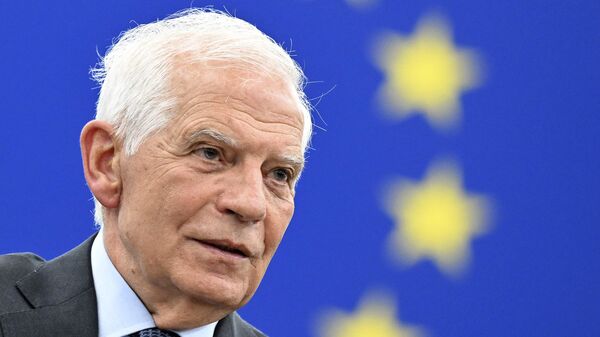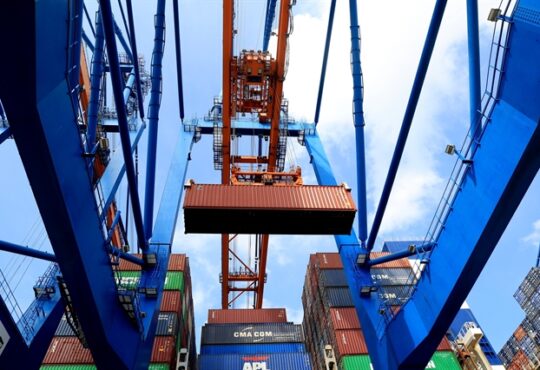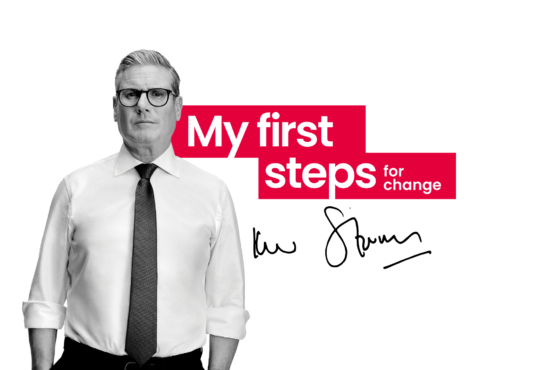
U.S. and European business activity rose in April at the fastest pace in about a year, a boost for the global economy but a potentially complicating factor for central banks working to reduce high inflation.
U.S. and European business activity rose in April at the fastest pace in about a year, a boost for the global economy but a potentially complicating factor for central banks working to reduce high inflation.
Demand for services drove the growth, according to surveys by data firm S&P Global covering U.S., eurozone and U.K. businesses. That kept pressure on price increases in regions where inflation last year reached its highest level in decades.
Hi! You’re reading a premium article
Demand for services drove the growth, according to surveys by data firm S&P Global covering U.S., eurozone and U.K. businesses. That kept pressure on price increases in regions where inflation last year reached its highest level in decades.
Central banks on both sides of the Atlantic have indicated they intend to continue raising interest rates until inflation moves lower.
“Real activity in advanced economies continues to shrug off the effects of higher interest rates,” Ariane Curtis, an economist at Capital Economics, said in a note to clients.
U.S. inflation eased to 5% in March, its lowest annual rate in nearly two years but still well above the Federal Reserve’s 2% target. Fed officials have said they have more work ahead to bring down inflation, suggesting another interest-rate increase would be warranted at the Fed’s meeting in two weeks despite the increased risk of a recession.
The U.S. surveys of purchasing managers indicated both manufacturing and services output accelerated in April. Job growth picked up, and average prices charged for goods and services rose at the fastest pace since September.
JPMorgan economists estimate the U.S. economy grew at a 3.3% annual rate in the first quarter. The Commerce Department releases its estimate of U.S. gross domestic product on Thursday April 27. While the U.S. economy has proven more resilient this year, most economists in a recent Wall Street Journal survey expect stubborn inflation and high interest rates will lead to a recession in the next 12 months.
Europe’s economy also kept growing in April, the S&P Global surveys indicated, suggesting the European Central Bank is on course to raise its key interest rate in May. The Bank of England is also expected to raise its key rate for the U.K. later that month.
Click on the image to enlarge
Eurozone inflation stands at more than three times its target, and U.K. inflation remained in the double digits in March.
“The continued strength of the PMIs is clearly a reason for them to opt for a larger hike,” said Franziska Palmas, an economist at Capital Economics.
With energy prices falling after a milder-than-usual winter, the eurozone economy appears to have rebounded in 2023, boosted by a rise in household spending and factory output. The JPMorgan economists estimate the eurozone economy grew at a 1% annual rate in the first three months of the year.
Some economists worry that further rate rises would threaten to deepen strains in Europe’s banking system, creating a vicious circle detrimental to the region’s economy.
“With any further rate increase, the risk that something breaks increases,” said Carsten Brzeski, an economist at ING Bank.
The S&P Global surveys showed little sign of an impact in the U.S. and Europe from recent banking-industry turmoil, which could crimp lending conditions.
“We have no idea yet how severe the credit crunch is going to be in the U.S.,” said Ian Shepherdson, chief economist at Pantheon Macroeconomics, pointing to deteriorating confidence about the economy among U.S. small-business owners.






